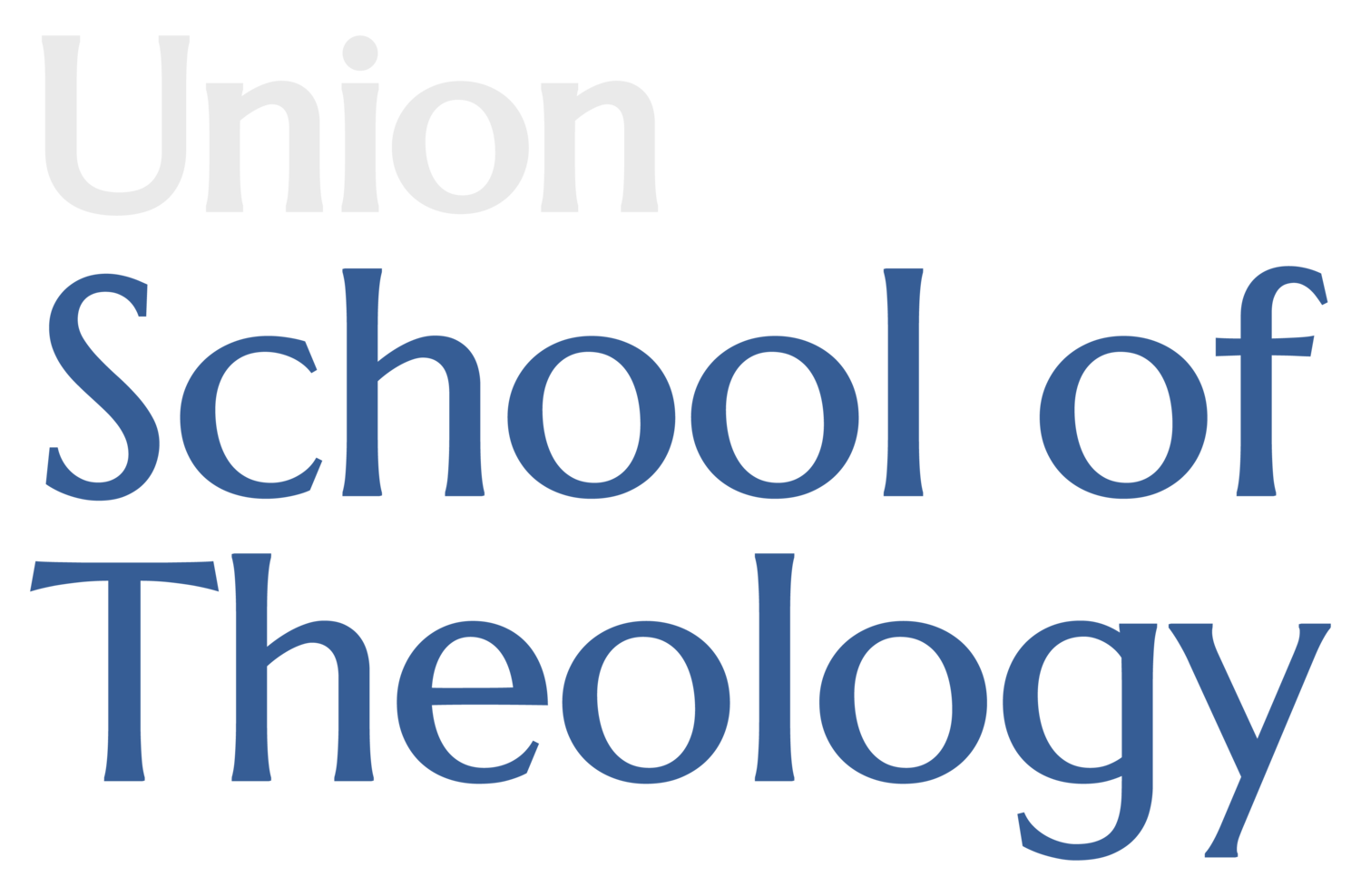
GDip
Graduate Diploma in Theology
Grow in your love of God and prepare for ministry, while you stay in your local church
Take courses in Biblical, theological and pastoral studies
Study in an online or a local Learning Community
For those who already have a university degree in any subject
Complete in 2 years part-time*
This award is validated by the Open University
What will I learn?
The Graduate Diploma is equivalent to the final year of a Bachelor of Arts (BA) degree. The courses are designed to help you grow in your knowledge and love of God, and prepare you for fruitful ministry.
Students take six modules in total - three compulsory and three of their choice from the other module options. The Independent writing project counts as one of the six modules, and can be focused in any of the three strands of study.
Students may take one biblical language (optional), and need to take at least one Ministry Practice module.
Biblical Studies
Old Testament (Compulsory)
New Testament (Compulsory)
Languages options:
Hebrew
Greek
Theological Studies
Christian Theology (Compulsory)
Major Theologians in Church History
Ministry Practice
Preaching & Pastoral Theology
Church & Mission
Children’s, Youth & Family Ministry
Independent writing project
Meet the lecturers
Daniel Hames, Lecturer in Systematic and Historical Theology, asks the question: What is the glory of God?
How does it work?
The GDip is delivered through local and online Learning Communities, meaning that you can study wherever you are.
Study six 20-credit modules
The GDip is made up of six 20-credit courses which are usually delivered in alternate years (three courses one year and three the next).
We advise budgeting up to 200 hours of study time per module, including pre-reading, lectures and assignments.
Meet in-person or online once a week
In-person Learning Communities meet for up to one day a week during two semesters each year, usually over two years*. Online groups meet over Zoom once a week over two years.
View each Learning Community’s details and meeting days here.
Apply your learning in the local church
Each in-person and online Learning Community is directed by a Lead Mentor, an experienced church leader who will help you apply your learning in your church context.
*all GDip Learning Communities operate over 2 years, except at selected in-person locations. Please view individual Learning Community profiles for their schedule details.
Who is it for?
The GDip is for those who already have a degree in a subject other than theology, some basic theological knowledge and some ministry experience.
Many GDip students study alongside current ministry roles or work and family commitments, and graduates have gone on to serve as assistant pastors, church planters, youth and children’s workers, evangelists or women’s workers.
Many students choose to pursue further studies on our MTh programme and have planted churches with support from Union Mission.
Regulations for Open University Awards at Union School of Theology
Student's Guide to Studying on a Programme Validated by the Open University
Ready to apply?
Apply by 24th July 2026 to study with us in September 2026.
Further information
UST reserves the right to make alterations to the contents or methods of delivery of programmes or assessment but only if such action is absolutely necessary for one or more of the following reasons: compliance with the validating university or regulatory bodies; in response to external examiner or stakeholder feedback; as part of periodic or annual review measures; in response to technological developments. When this occurs, UST will inform students as soon as feasible, and request feedback from and engage in dialogue with students to ensure that the changes are not disruptive to the student experience.
-
Find out more about Union School of Theology’s Policies and Procedures. Read more >
-
Find out about our fees and explore funding options. Find out more >
-
We’re here to support you throughout your time with us and beyond, whether that’s in your studies or your personal life. Read more >





